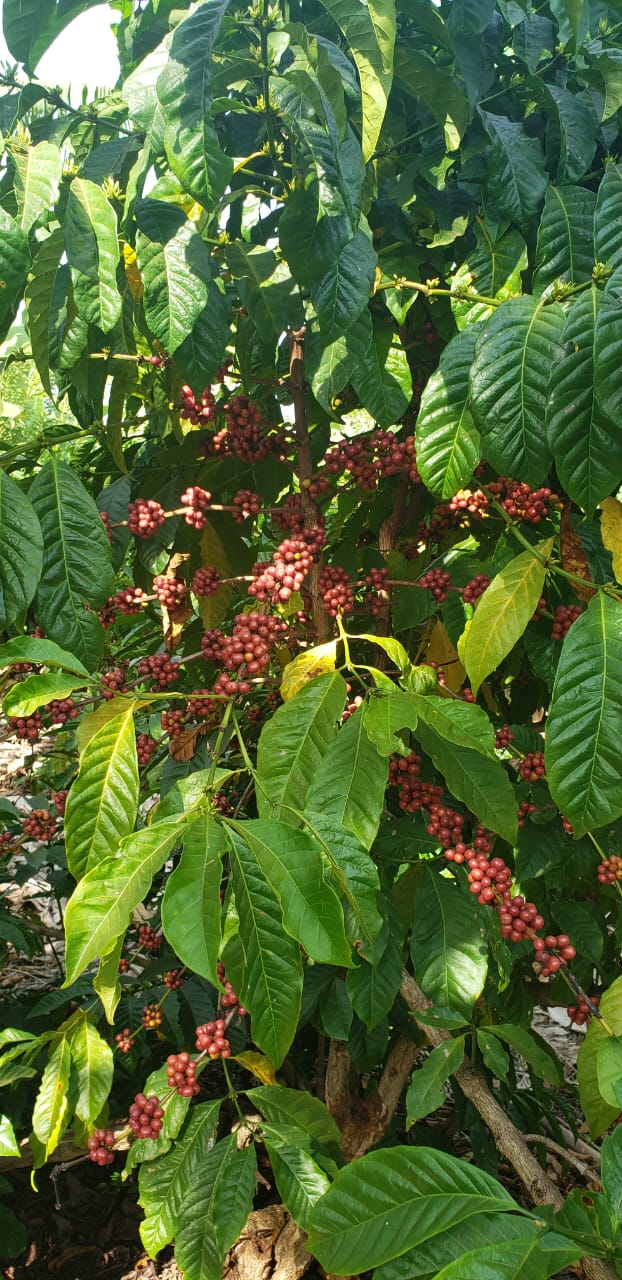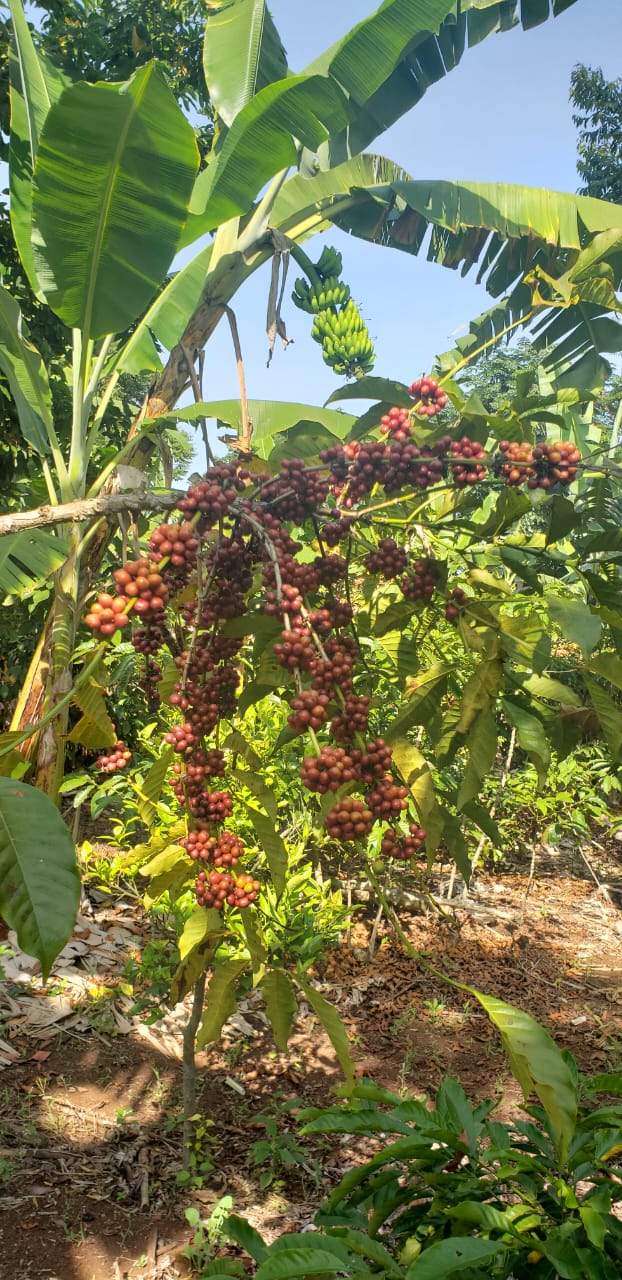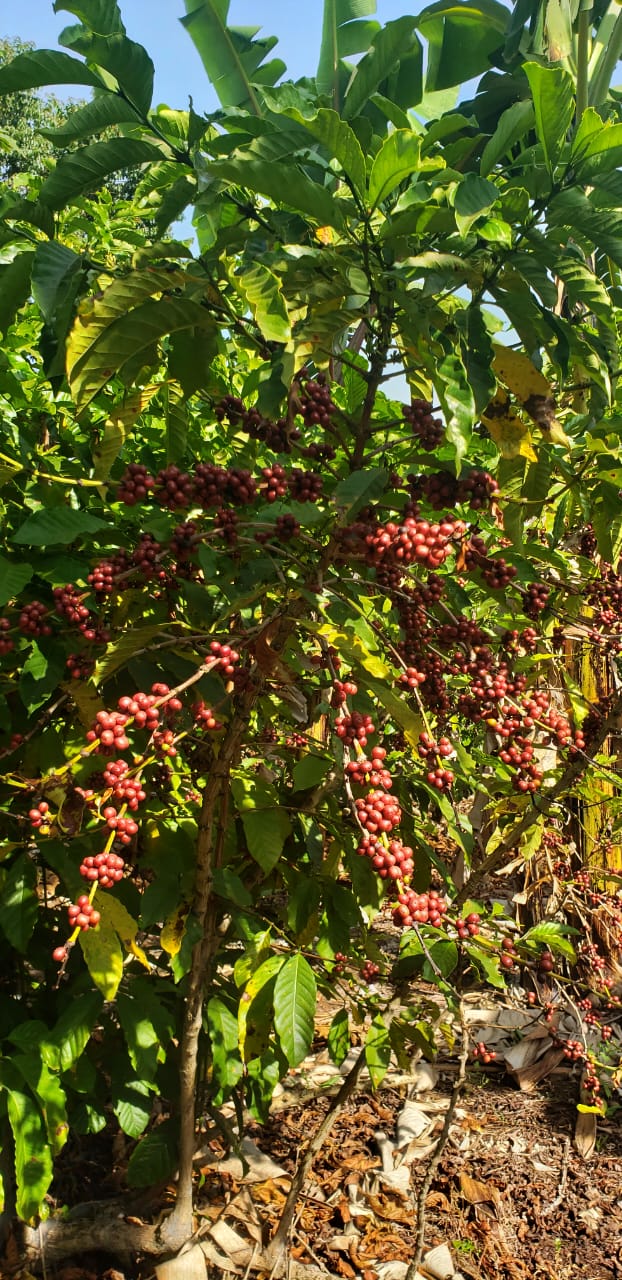The upcoming coffee harvest season in Tanzania, beginning in May, is anticipated to be a significant period for both local farmers and international buyers. Tanzania, known for its high-quality Arabica and Robusta coffee, plays a crucial role in the global coffee market, particularly in specialty and commercial segments. The country’s coffee-growing regions, including the northern highlands of Kilimanjaro and Arusha, the southern highlands of Mbeya and Ruvuma, and the western regions of Kagera and Kigoma, produce distinct flavor profiles that cater to diverse consumer preferences. Arabica from the northern and southern zones is celebrated for its bright acidity and complex fruity notes, while Robusta from the western regions is often sought after for its bold, earthy characteristics, making it ideal for espresso blends and instant coffee.
Globally, coffee demand remains robust, though prices have experienced fluctuations due to factors such as climate variability in major producing countries like Brazil and Vietnam, geopolitical tensions affecting supply chains, and shifting consumption patterns in emerging markets. Despite these challenges, Tanzania’s coffee continues to attract premium prices in niche markets, particularly in Europe, the United States, and increasingly in Asia, where specialty coffee appreciation is growing. The International Coffee Organization (ICO) reports that global coffee consumption is steadily rising, with an emphasis on sustainably sourced and traceable beans—a trend that favors Tanzania’s smallholder-driven production model.
The Tanzania Coffee Board (TCB) is central to the industry’s regulation, ensuring that coffee meets both domestic and international quality standards. The board oversees grading, certification, and export procedures, providing assurance to buyers regarding the authenticity and quality of Tanzanian coffee. Additionally, the Tanzania Mercantile Exchange (TMX) has modernized the trading process by introducing a digital auction system that enhances transparency and price discovery. This platform allows exporters, local traders, and international buyers to participate in competitive bidding, reducing inefficiencies and ensuring farmers receive fairer prices for their produce.
Export procedures in Tanzania are structured to facilitate smooth transactions while maintaining quality control. Coffee typically moves from smallholder farmers to local buyers or cooperatives, where it is processed into parchment or green beans. The TMX auction system then serves as a primary marketplace, though direct sales between estates and international buyers also occur, particularly for specialty lots. All exports must be approved by the TCB, which conducts inspections to verify quality before issuing export licenses. The Dar es Salaam port serves as the main hub for coffee exports, and recent improvements in port operations have reduced delays, making Tanzanian coffee more competitive in terms of delivery timelines.



For buyers looking to purchase Tanzanian coffee in the upcoming season, several strategic considerations should be kept in mind. Engaging early with cooperatives or exporters is advisable, as the best-quality lots tend to sell quickly once the harvest begins. Monitoring TMX auctions can provide valuable insights into price trends and available grades, helping buyers make informed purchasing decisions. Traceability is another key factor, especially for specialty coffee buyers who prioritize ethical sourcing and wish to highlight the origin of their beans in marketing. Establishing direct relationships with farmers or cooperatives can enhance supply chain transparency and ensure consistent quality. Logistics planning is also critical, as shipping schedules from Dar es Salaam can experience seasonal congestion, particularly during peak export periods.
In conclusion, the 2024/25 Tanzanian coffee harvest presents a promising opportunity for both producers and buyers. With global demand remaining strong and Tanzania’s coffee gaining recognition for its unique profiles, the season is expected to see competitive trading activity. The structured auction system via the TMX, coupled with the regulatory oversight of the TCB, ensures a fair and efficient market. Buyers who act swiftly, prioritize quality, and navigate logistics effectively will be well-positioned to secure the finest Tanzanian coffee, further solidifying the country’s reputation as a key origin in the global coffee trade. As the harvest progresses, stakeholders across the supply chain will be watching closely to see how market dynamics unfold, with Tanzania’s coffee sector poised to benefit from sustained international interest.

